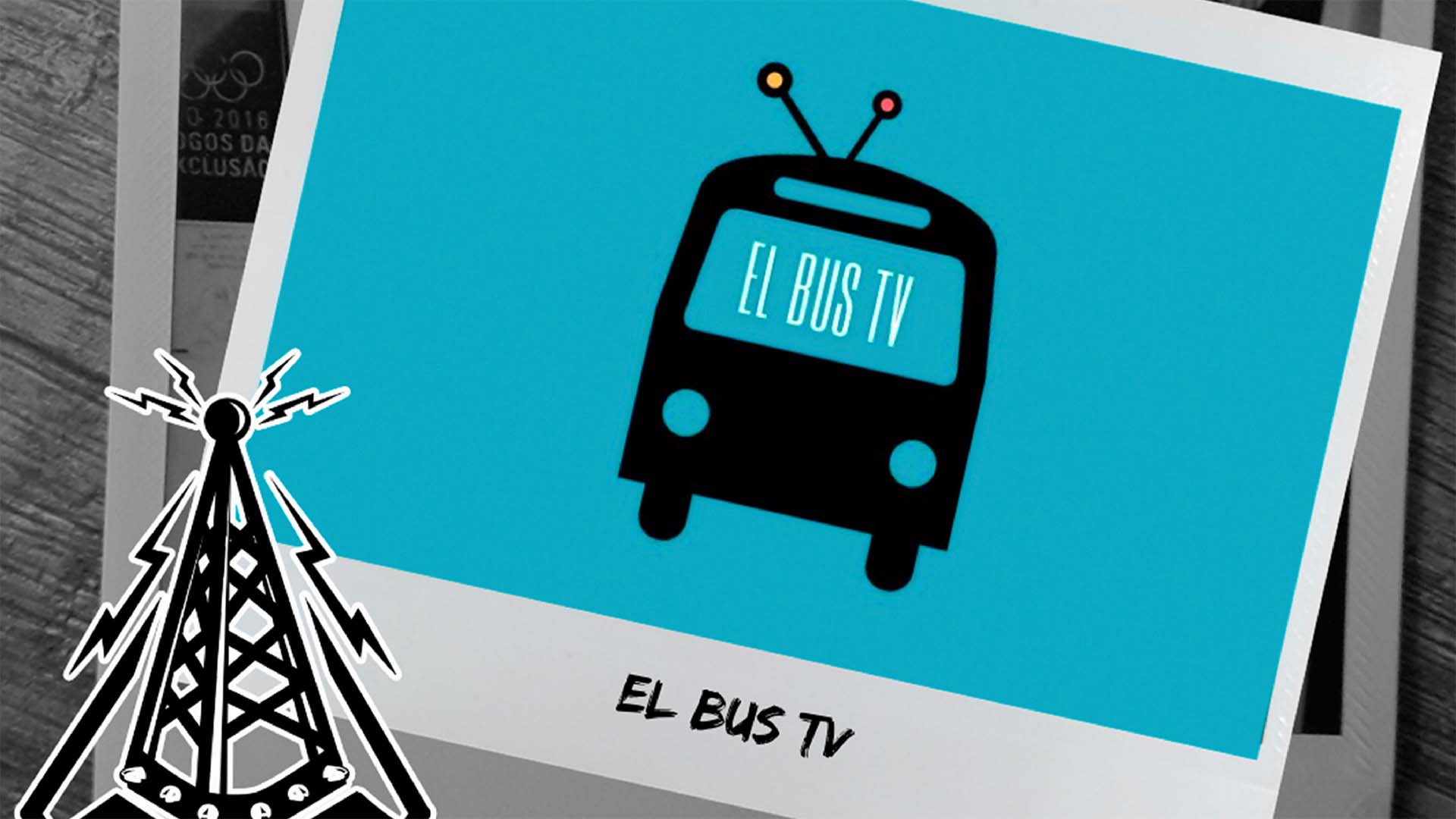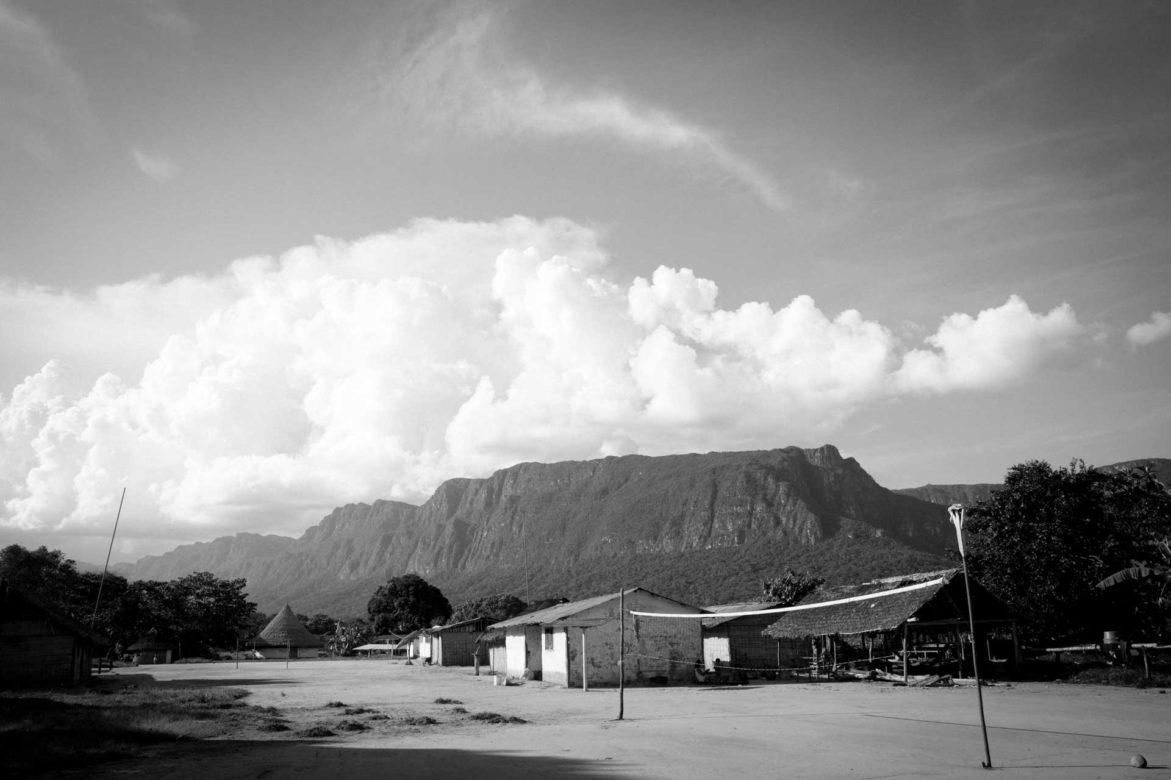The humanitarian tragedy of the coronavirus has overwhelmed us in recent days. Beneath the drama of the sick and the deceased, people cooperate for the recovery of those in need, escaping from government control and foreshadowing the Venezuela of tomorrow.
One of the positive consequences of the oil wealth in our country is that, unlike many of our neighbors, Venezuelans had sufficient material conditions to be generous and selfless, which created a culture of solidarity that became part of our name and made us proud for a long time.
The concept of habitus, developed by French sociologist Pierre Bourdieu, can help us to develop a conversation on the supportive people that we were. The habitus is a framework for understanding reality, through which people perceive the world and act in it. Socially structured and shared, the habitus is part of the history of each person because it is part of the “normality” in which he grows. Therefore, a group of individuals in a similar space and time will tend to show similar behaviors.
Unlike the Latin American average, the oil boom cycles that took place before 1998 allowed high levels of consumption to Venezuelans -regardless of social class-, which added to the notion of equality also stimulated by the “devil’s excrement” (a phrase often used in Venezuela to refer to oil), cemented a way of connecting with other Venezuelans that contained a good dose of cooperation and mutual support. Whenever we were needed, we responded with enthusiasm. Another example is the new year celebrations that we used to hold for decades, with excesses and magnanimous generosity that extended for more than two weeks, something unthinkable in Colombia, Peru or Ecuador of the time.
The authoritarian regime needed to infiltrate this informal associative fabric and progressively replace it with state-centric and militarized organizations. This was key to destroying not only the autonomous ties that citizens established between them but the very idea of being part of a community with roots, history, traditions and a shared vision of both what Venezuela was and what it meant to be Venezuelan, which we have described as “anthropological damage”. The project to ensure submission and infinite power is the separation and statization of everyday life. Fortunately, the old habitus could not be completely replaced by new ones, as the totalitarian vocation of Chavismo would like.
Although seriously affected by the socialization of mistrust, the economic crisis and a complex humanitarian emergency exacerbated by the pandemic, the Venezuelan culture of solidarity has not been completely eradicated or transformed into submission to the ruling power. This is what we want to highlight in these days of a health catastrophe caused by Covid-19, when we find ourselves overwhelmed by the number of sick and deceased relatives and friends, without any coherent public policy to protect the health of the population: Despite everything, and against all odds, we continue to show solidarity, at times when it is urgent to take care of each other. An obvious example is the number of crowdfunding campaigns and the calls for support on social media. A good part of them manages to collect all or a significant sum of what is being requested. I have a close example of this. When my uncle and aunt Rafael and Elizabeth fell ill with coronavirus, the family organized a raffle: All 300 numbers were sold in 24 hours, many bought by unknown people. Although there are cases like those of the TV host Dave Capella where the request for help is questioned, they are an exception. Such cases show the degree of detachment and mistrust that authoritarianism wishes to exist to maintain its dominance. And it is not the first time that it has happened in recent times. At the height of the medicine shortage, social media connected strangers and allowed them to donate or provide the required aid.
The same as muscles, solidarity can also be exercised to grow. Let’s put it in the following terms: Every time you take a bowl of soup to a sick neighbor, contribute to fundraising for a sick person, share requests for support through your social media handles and engage in any activity for someone who needs it, you escape from the statization imposed by the dictatorship and strengthen the autonomy of a society that now must take care of itself to survive and achieve a transition to something different. At this time, horizontal solidarity with others is a political act of resistance, which allows creating the spaces of trust that Venezuelans need to rediscover themselves as free people. That muscle, toned and increased in its capacities and possibilities, will be essential to rebuilding the Venezuela of tomorrow.
Translated by José Rafael Medina




